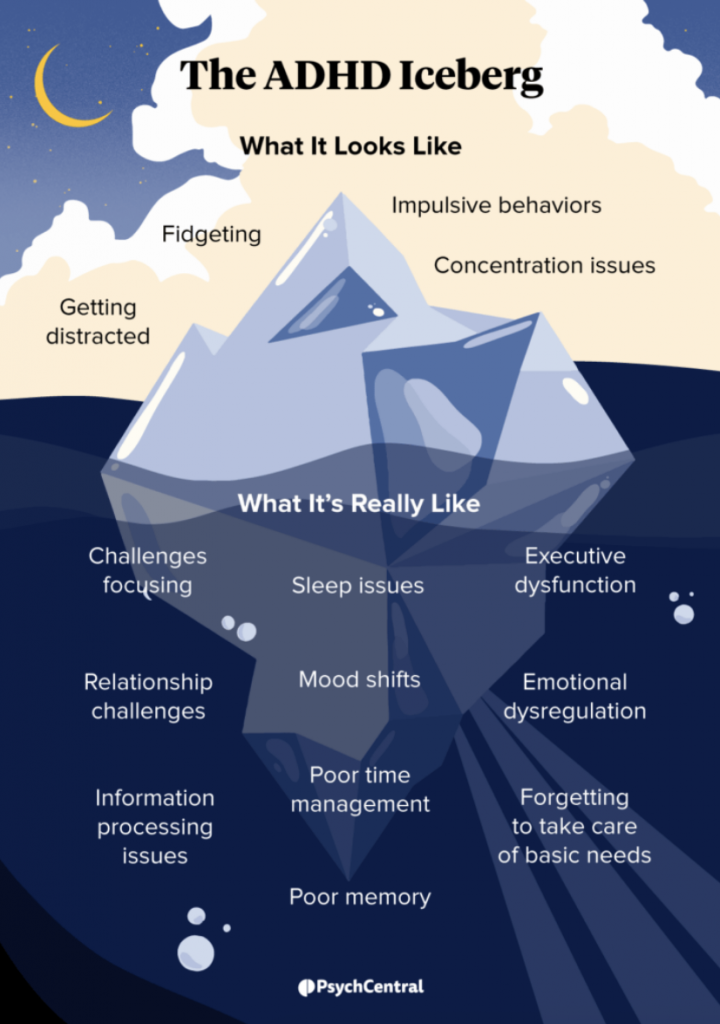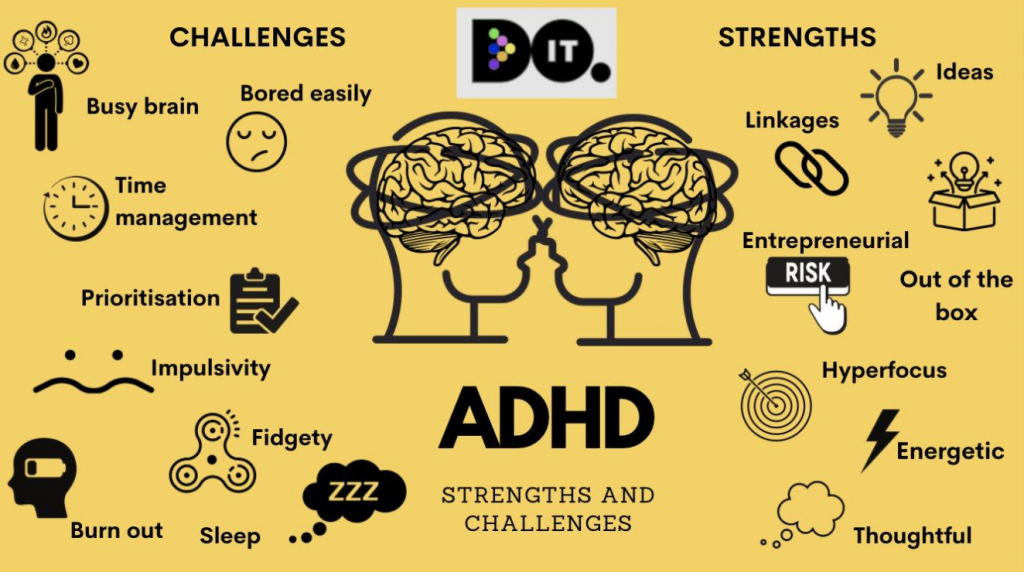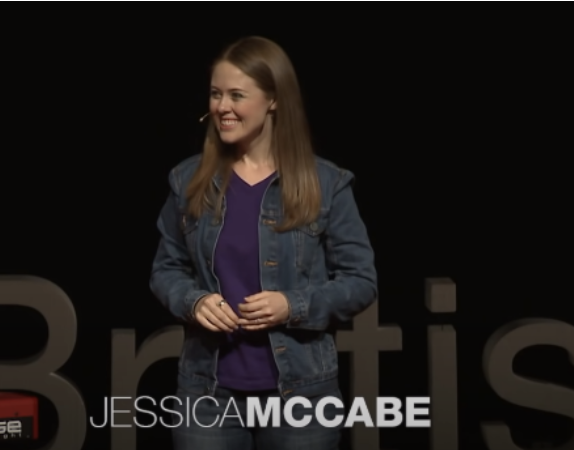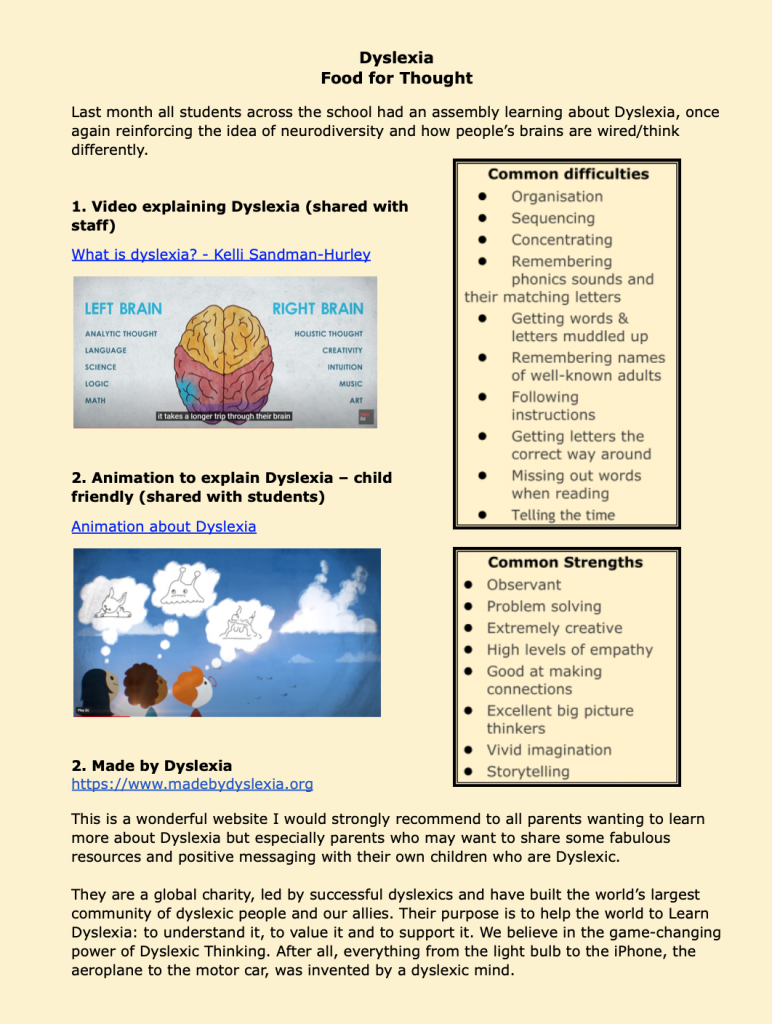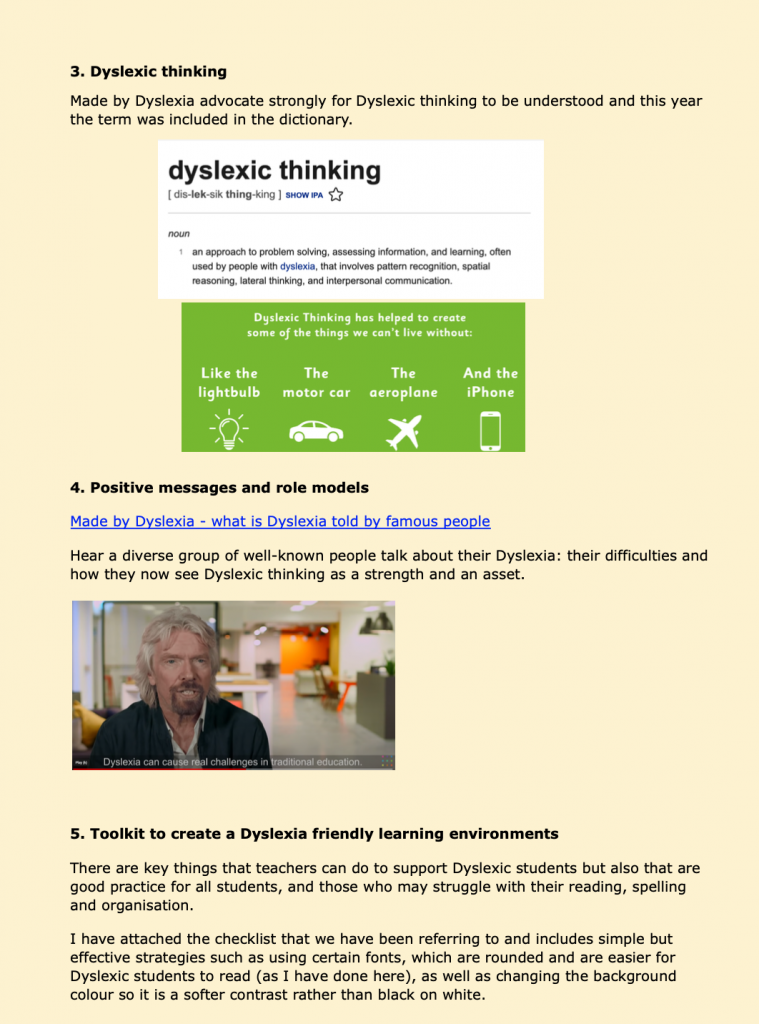The current education system in the UK is setting up many autistic young people to fail. This is especially true of the assessment practices where the current system relies heavily on out-dated and old-fashioned standardised exams and tests which are unable to capture a young person’s real strengths and abilities.
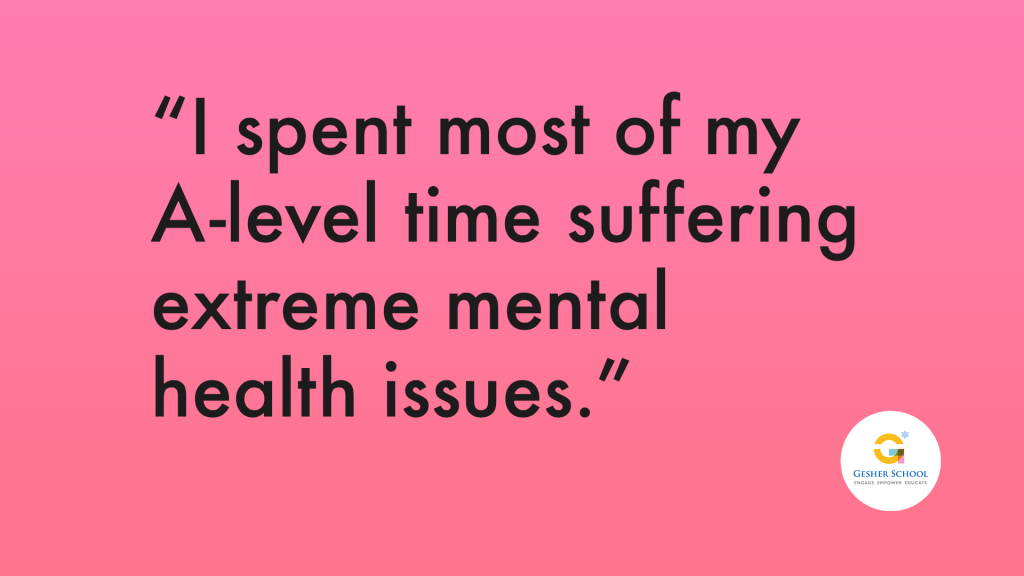
Joshua is an autistic young person who did not attend Gesher but spoke at our most recent Critical Friendship Group meeting, sharing his lived experience of the assessment process and his insights into how it could be improved for neurodiverse young people.
Here, Joshua, now aged 18, tells his story of mainstream education and offers his advice to schools.
The importance of school support
In my early years I struggled to make friends. Some of my earliest friends were basically asked by my teachers because they felt bad for me.
I was diagnosed in the summer of 2012 between Years Three and Four though I wasn’t told until later that year because my parents were working with my school to find the right way to explain it to me and my peers.
During primary school, my needs were well provided for. When I got my diagnosis, the school helped my parents put together a small Powerpoint that was used to explain it to me. This was then lightly adapted and shown to my classmates so they too could understand better.
I could leave lessons to take a breather and a walk if I needed to, as I struggled to sit still and focus for extended periods, I had a dedicated space I could go to cool off if I had gotten into an argument or fight over something, which was common because I was easy to anger as a child. Any time I felt I had a problem, I knew where I could turn.
The school helped me nurture the talent I had, often letting me complete tasks in a different way to the usual methods if it meant I was able to do it “my way” which would often involve a very flashy Powerpoint presentation.
When schools focus on results, not the pupil
When I got to secondary school, however, there came a change. The school very much ignored any kind of ability outside of traditional educational achievement: you either fit their mould for a good student or you didn’t. And if you didn’t, you were left in the dust.
At secondary school, support I had grown dependent on during primary was almost non-existent and the staff were not friendly towards students. Even the SEN staff seemed to be less than interested.
I will never forget the time I went to our KS4 mental health advisor and told her about how bad my depression had gotten at the time, to which she laughed and told me that I seemed to be very good at telling jokes. A story I genuinely wish I was making up.
When it came to work, methods I had grown so accustomed to were shut off to me because the school only wanted results in one specific way. You did it their way, or you failed entirely.
How the current assessment system sets neurodiverse children up to fail
I moved from secondary school to a different sixth form where support was available and actively advised to be used, and where I could work how I worked best, even if that meant going back to the flashy powerpoints like I would have done aged 10. As I grew up and came to understand what autism is and what it is to be autistic, I found it easier to make friends, especially in cases where they were also autistic.
Despite being in a better school, I spent most of my A-level time suffering extreme mental health issues and it was a miracle I even made it to sit the examinations
And now there’s a big problem. I’m currently looking for apprenticeships in software development, but on my applications, I can only put my grades, not the fact that I have neurodiversity where often the pressures of the school can break a student so easily and so quickly.
Starting out on your career becomes really difficult when, even though you are a strong candidate, the only important thing is your grade which says: “you got this – this is all you are worth”.
How schools can learn from students’ experiences
For schools, honestly, I think my main piece of advice is just to listen to autistic students. A lot of schools, teachers, and just people in general confuse autism with being unable to look after yourself and understand your own needs, when in reality, it’s very much the opposite.
I was very lucky as my primary school helped me every step of the way to understand myself and be as comfortable talking about it as I am now.
The person who knows best what the autistic person needs, will ultimately be the autistic person.
